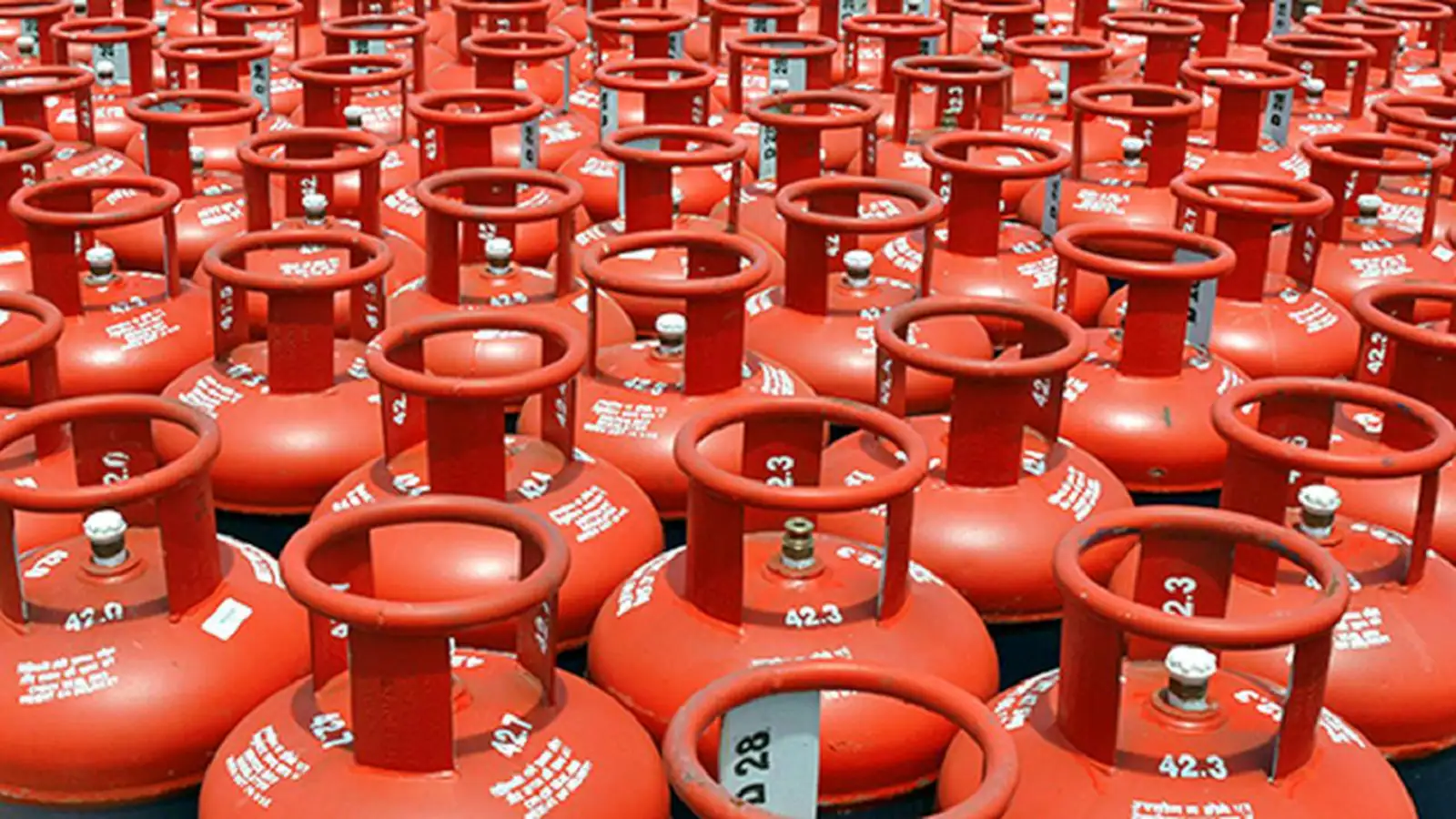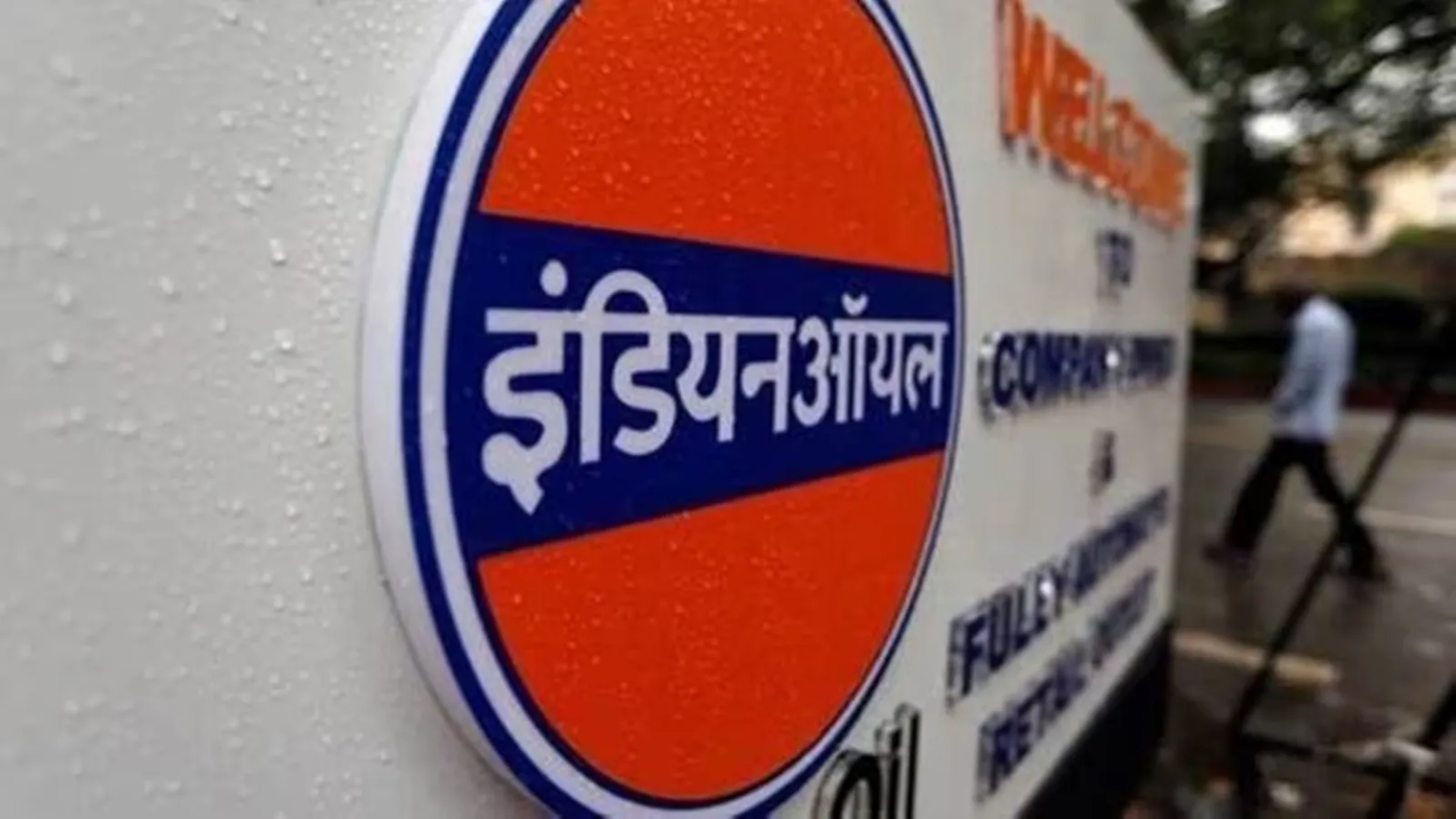Oil Marketing Companies (OMCs) in India are facing a challenging scenario with the recent reduction in the price of liquefied petroleum gas (LPG), commonly known as cooking gas. Despite this price cut, it appears unlikely that the government will provide compensation to OMCs for the revenue loss incurred. This development has significant implications for both the companies and consumers.
The reduction in LPG prices comes at a time when global crude oil prices have been relatively stable. This decrease in LPG rates reflects a combination of factors including the government’s efforts to alleviate the financial burden on consumers, particularly amid economic uncertainties and inflationary pressures.

Source: Moneycontrol
However, for OMCs, absorbing the price cut poses a considerable financial strain. OMCs, which are responsible for the distribution and marketing of LPG, incur costs throughout the supply chain, including procurement, transportation, storage, and distribution. Any reduction in selling prices directly impacts their revenue and profitability.
SOURCE:- BBC NEWS
OMCs typically operate on thin margins in the LPG segment, as prices are regulated by the government to ensure affordability for consumers. While occasional price adjustments occur based on global trends and currency fluctuations, OMCs often find themselves unable to pass on cost increases to consumers immediately due to regulatory constraints.
In this context, absorbing the recent price cut without compensation from the government could further squeeze the profit margins of OMCs. This could potentially impact their ability to invest in infrastructure, technology upgrades, and employee welfare, thus affecting operational efficiency and customer service quality in the long term.
Furthermore, the lack of compensation from the government raises questions about the sustainability of the current pricing mechanism for LPG. If OMCs continue to face financial pressure without adequate support, it could lead to calls for policy reforms to ensure a fair and equitable distribution of costs and benefits across stakeholders.
From a consumer perspective, the reduction in LPG prices is undoubtedly welcome news, as it translates into lower expenses for households. Affordable access to clean cooking fuel is essential for promoting social welfare and reducing energy poverty, particularly in rural and underserved areas.
However, the long-term viability of subsidized pricing schemes hinges on the financial health of OMCs and the government’s ability to manage fiscal constraints effectively. Balancing the interests of consumers, OMCs, and the broader economy requires careful deliberation and policy coordination.
while the recent price cut in LPG is a positive development for consumers, OMCs are likely to bear the brunt of this adjustment without compensation from the government. This underscores the need for a comprehensive review of the pricing mechanism to ensure the sustainability of the LPG supply chain and the welfare of all stakeholders involved.
Share your views in the comments

